 Civil Engineering with Computer Application | Electronics and Computer Science | Robotics & Artificial Intelligence |
Civil Engineering with Computer Application | Electronics and Computer Science | Robotics & Artificial Intelligence |
Important Documents For Admission (2025 - 2026)
 Civil Engineering with Computer Application | Electronics and Computer Science | Robotics & Artificial Intelligence |
Civil Engineering with Computer Application | Electronics and Computer Science | Robotics & Artificial Intelligence |
| Degree Awarded | Discipline | Duration | Entry Level | Seats in IIST |
| B.Tech | Mechanical Engineering | 4 years | 10+2 (PCM) | 60 |
| M.E. | Machine Design | 2 years | BE or B.Tech | 18 |
The Department of Mechanical Engineering is established in the year 2003, has a capacity of 120 students in the B. Tech Program and 18 students in M.E. program with Specialization in Machine Design. Bachelor of Technology in Mechanical Stream is affiliated to “ Rajiv Gandhi Proudyogiki Vishwavidyalaya, Bhopal “and Approved by All India Council for Technical Education (AICTE). The Department of Mechanical Engineering is continuously striving to achieve excellence in education, academics and industry oriented research as well as consultancy work with service to the society.
Mechanical Engineering is a very strategic and specialized segment, where the engineers are trained to meet the innovative demands of futuristic technologies. The Department of Mechanical Engineering at IIST is established as one of the premier brands in technical education in the region. Major highlights of the mechanical engineering department are as follow:
Students have an excellent track record of achievement in various sports Competitions (Nodal, State and National Level) held at various prestigious institutions of India
PSO1: Apply the fundamentals of mathematics, science and engineering knowledge to identify, formulate, design, investigate and solve complex engineering problems of machines & mechanisms, kinematics and dynamics, mechanical components & systems to manufacturing facilities having computer-based design, analysis, simulation and fabrication with best quality practices.
PSO2: Design mechanical systems in various fields such as machine elements, thermal, manufacturing, industrial and inter-disciplinary fields by using various engineering/technological tools to meet the mercurial needs of the industry and society at large.
PSO3: The ability to grasp the latest development, methodologies of mechanical engineering and possess competent knowledge of design process, practical proficiency, skills and knowledge of programme and developing ideas towards innovation & research.
Upon successful completion of the program, the students would have the following attributes.
What SIGs we have in Mechanical Engineering and the kind of exposure we give through SIGs.
A Special Interest Group (SIG) is a group within an institute with a shared interest in advancing a specific area of Mechanical knowledge, learning or technology where mechanical students cooperate to affect or to produce solutions within their particular field of SIG Group. We provide a forum to enhance student’s knowledge in Mechanical Engineering Fields, by involving themselves in mechanical projects. At present, Mechanical Department has SIX SIG’s and ONE club is as follows:
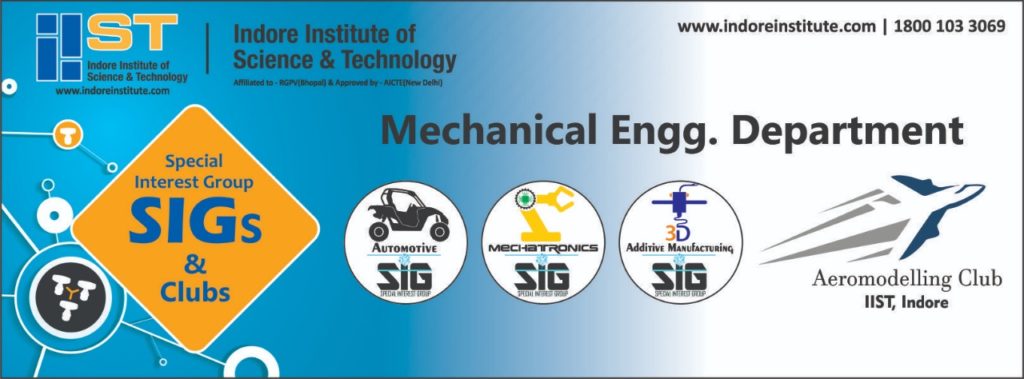
Additive manufacturing SIG aims to provide the students a detailed knowledge of additive manufacturing technique through the avenue of (but not restricted to) 3D printing. The technique includes teaching the SIG students, how to use & construct 3D printers, designing models, parts for 3D printing and CAM processes. This SIG aims to provide the students, the insights of Manufacturing Engineering Techniques, such as design philosophies and how to translate engineering ideas into producible parts and projects. These concepts can be used practically in illustrating the theory taught in the classroom on Additive Manufacturing, and provide valuable experience for career paths in Additive Manufacturing to the students. The Faculty Advisor for this SIG is Mr. Naman Gandhi (Asst. Prof. Mechanical Engineering Department).
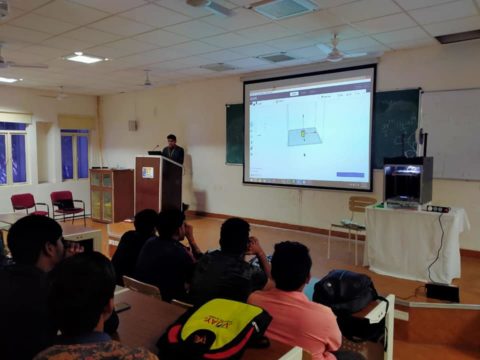
Automotive SIG deals with the development of off-road vehicles. The SIG deals in the following:
In this SIG, students manufacture ATV and take part in different events as well as conduct some workshops for junior students from first and second year.
Also the SIG conducts sessions, seminars, Expert Lectures, Technical Talks etc. to improve the student’ s knowledge on Auto motives. The Faculty Advisor for this SIG is Mr. Akashdeep Gupta (Asst. Prof. Mechanical Engineering Department).
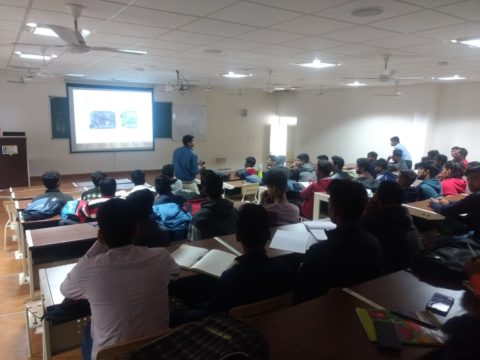
Mechatronics SIG aims to integrate the Mechanical Engineering with Electronics Engineering and Computer Engineering in the design and manufacturing of products and processes & it has futuristic application in the cutting edge Technology. This exposes essentials in the design of intelligent products and transforms their concepts into reality. This SIG teaches wide range of applications especially in robotics, industrial & home automation, home appliances, inline assembly of automobiles, engine management system, aerospace, nuclear & marine Engineering. The Faculty Advisor for this SIG is Mr. Punit Mishra (Asst. Prof. Mechanical Engineering Department).
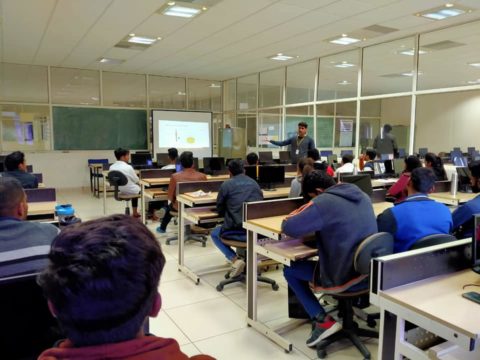
Artificial intelligence (AI) refers to the simulation of human intelligence in machines that are programmed to think like humans and mimic their actions. The term may also be applied to any machine that exhibits traits associated with a human mind such as learning and problem-solving.
The ideal characteristic of artificial intelligence is its ability to rationalize and take actions that have the best chance of achieving a specific goal. A subset of artificial intelligence is machine learning, which refers to the concept that computer programs can automatically learn from and adapt to new data without being assisted by humans. Deep learning techniques enable this automatic learning through the absorption of huge amounts of unstructured data such as text, images, or video. The Faculty Advisor for this SIG is Mr. Mukesh Sharma (Asso. Prof. Mechanical Engineering Department).
Solid Works software allows you to get design and models to the market quicker. It also allows your engineers and designers to quickly make changes to design, solve design problems and construct products in a cost-effective manner, as errors are automatically detected early by the program.
Solid works uses:
RAC stands for Refrigeration and Air Conditioning. The RAC SIG at IIST aims to train the students in the field of Refrigeration and Air Conditioning.
Here we offer Practical exposure to the various Refrigeration and Air Conditioning Systems and their Components as well as the Students are also trained in the various Softwares related to RAC.The RAC SIG conducts expert lectures, Webinars, Seminars, and Competitions related to Refrigeration and Air conditioning Field..
The RAC SIG is headed by HOD Dr. D. V. Singh (Ph.D. in Refrigeration) and the Faculty Coordinator is Mr. Lokesh Aurangabadkar (Ph.D. pursuing in Refrigeration).
AEROMODELLING CLUB
Aeromodelling Club works to cultivate and develop aerodynamic skills among students by carrying out practical activities. It aims at providing fine details involved in the construction and testing of aero models to students so that they can develop air-mindedness and motivate themselves to participate and win in the national level tech-fests. Various competitions like Water Rocket competition, Cruze Control etc. are held regularly in this club. Apart from this, students are also involved in the designing of RC planes, drones and hovercrafts. The Faculty Advisor for this SIG is Mr. Naman Gandhi (Asst. Prof.) Mechanical Engineering Department.
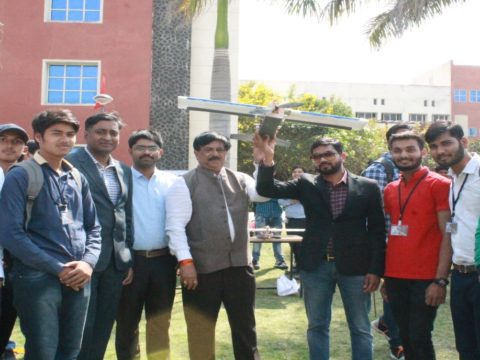
It is an initiative of Ministry of Human Resource Development (MHRD) under the National Mission on Education through ICT. The Department of Mechanical Engineering conducts virtual labs programs organized by different IITs across the country
SWAYAM is an initiative by Ministry of Human Resource Development, Government of India. World’s largest SWAYAM MOOCs (Massive Open Online Courses), a new paradigm of education for anyone, anywhere, anytime, as per your convenience, aimed to provide digital education free of cost and to facilitate hosting of all the interactive courses prepared by the best more than 1000 specially chosen faculty and teachers in the country. SWAYAM MOOCs enhances active learning for improving lifelong learning skills by providing easy access to global resources.
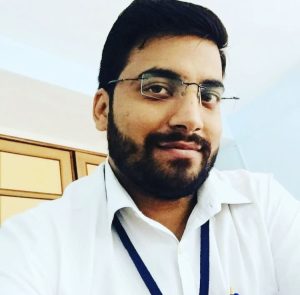
Mr. Lokesh Aurangabadkar
Head of Department
Mechanical Engineering
Phone: 0731-4010527
Email: lokesh.aurangabadkar@
Linkedin: https://www.
A hearty welcome from Department of Mechanical Engineering at Indore institute of science and technology. In the current rapid changing technological environment with instant response to customer requirements, a new generation of mechanical engineers nourished with essential technical expertise and innovative approach which is needed for sustain in a competitive market. The department provides a cheerful academic life with productive experience at all levels of academic program so that our students effectively explore all sections of Mechanical Engineering. The Department of Mechanical Engineering also significantly established a pattern of students self-motivated participation in national and international technical events. Department is also committed to dedicate sound support to SIGs, associations and student’s clubs which strengthen students in fruitful participation in SAE-BAJA, SAE-SUPRA, Go Kart, Robotics hackathons and other technical events. These have been the pillars of our reputation. These activities give opportunities to students to interact with students & faculty persons of other institutes /universities and industry experts. Our faculty members are also actively publishing research articles, books and patents for maintaining research standards within the department. The Department of Mechanical Engineering has been conducting STTP, FDP, expert talk and seminars to keep the faculty and students abreast with the latest developments in the field of technical education as per the latest industrial requirement. Students of mechanical engineering showcased their talent at intercollegiate technical events and bagged prizes. We are happy to share that a good number of students are pursuing higher studies in leading universities of India or abroad. Our students are also working globally in multinational companies, defence services and reputed academic institutions. Last but not least, the technical staff of the mechanical engineering department is unique in its own experience and knowledge way. Department of mechanical engineering encourages undergraduate/postgraduate students to participate in research areas Design and simulation, Refrigeration & Air Conditioning , Advanced Composites ,Advanced manufacturing techniques, Solar-Thermal Engineering, Artificial Intelligent Smart Vehicles ,Fatigue and Fracture Analysis, and Robotics through mini/major projects. This departmental webpage provides an overview of the academic program, academic facilities of our department, academics and research activities in the glimpse and faculty strength. We hope that you will find this webpage to be informative during your visiting in a different perspective as undergraduate or graduate student, or work in industry, or another university, or a visitor. If you have further questions after visiting the website, you can freely contact us. You may also correspond with us by Cell Phone, Email, WhatsApp, Facebook, Instagram and various social media platforms.
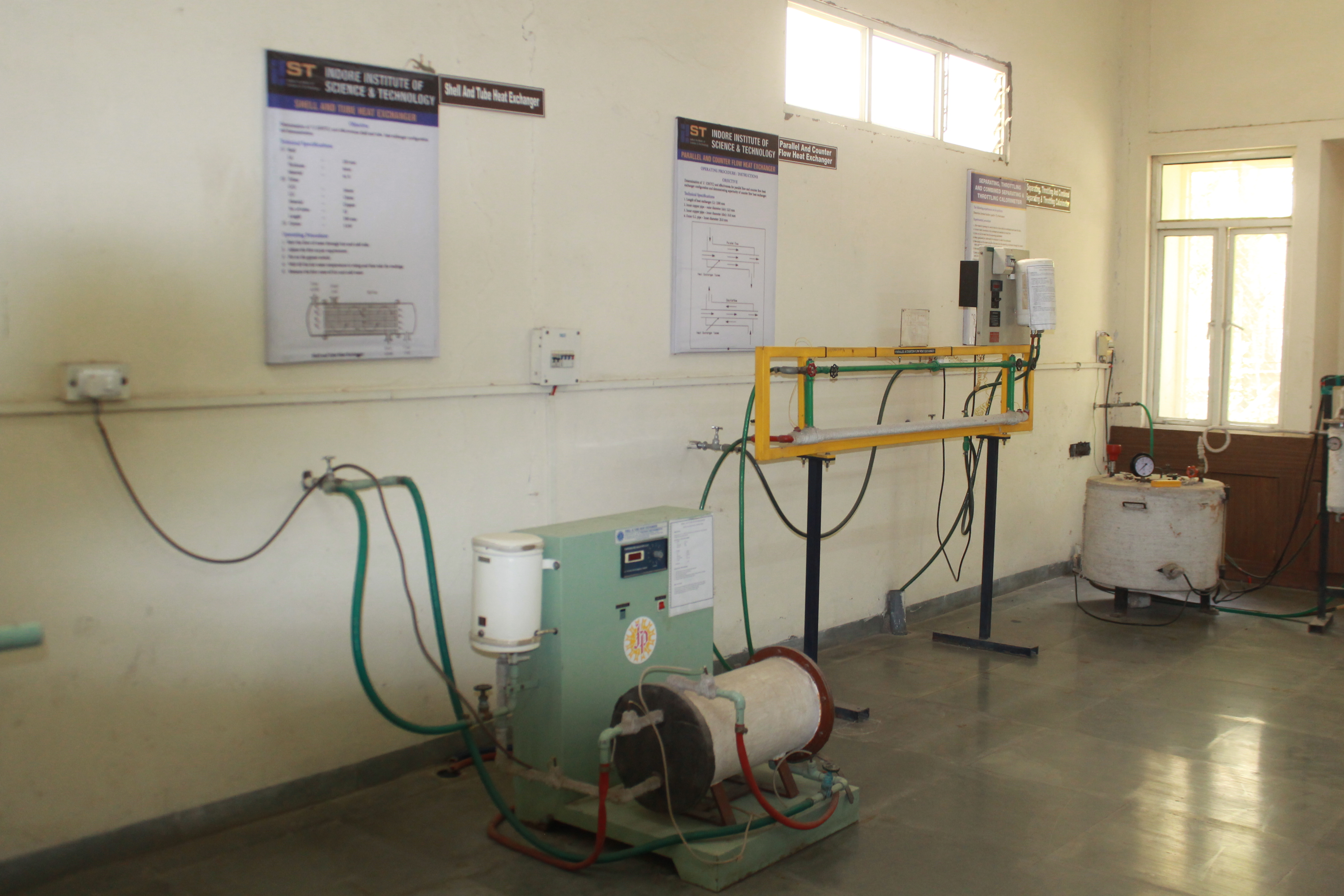
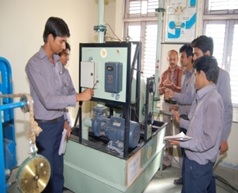
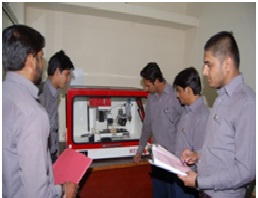
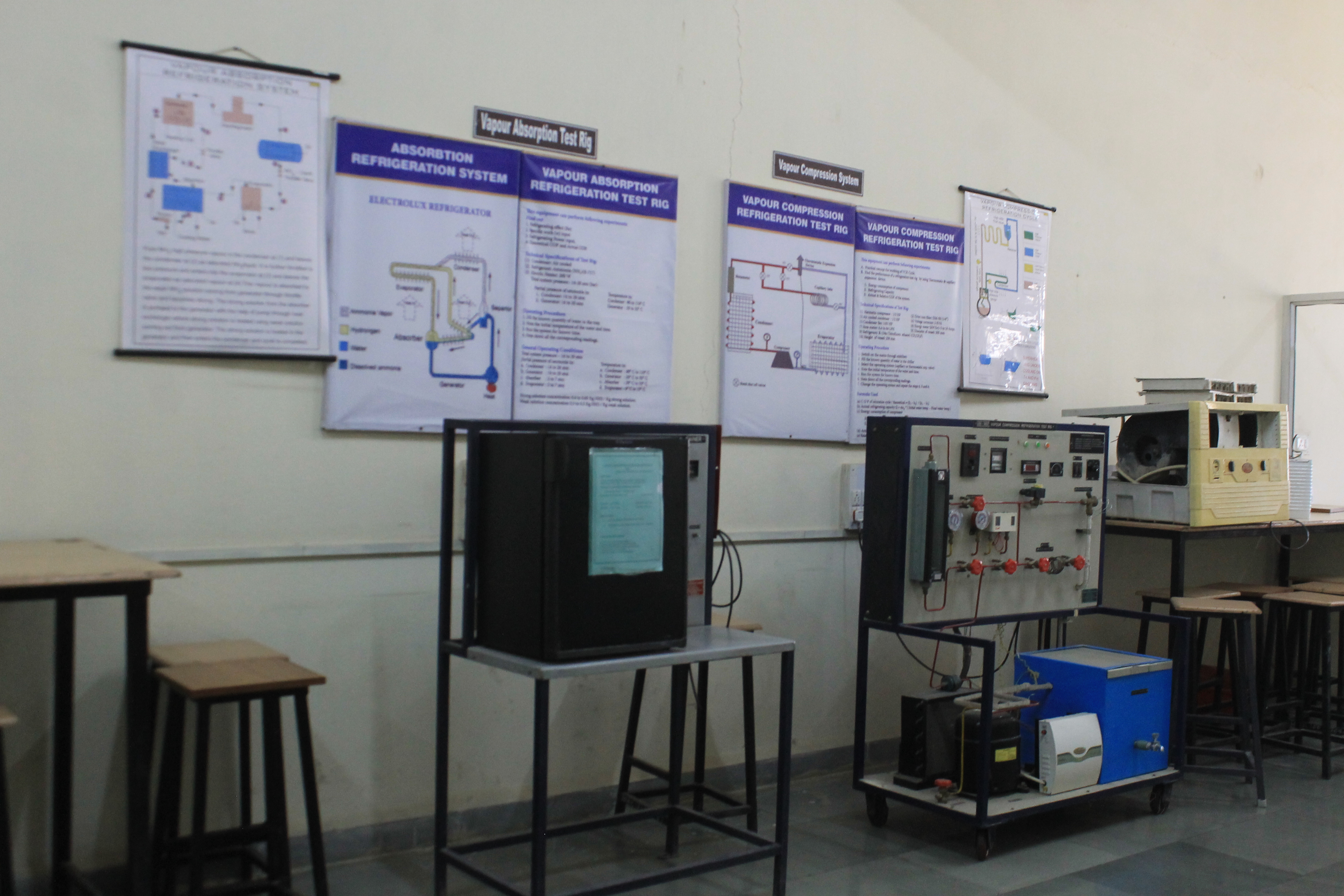
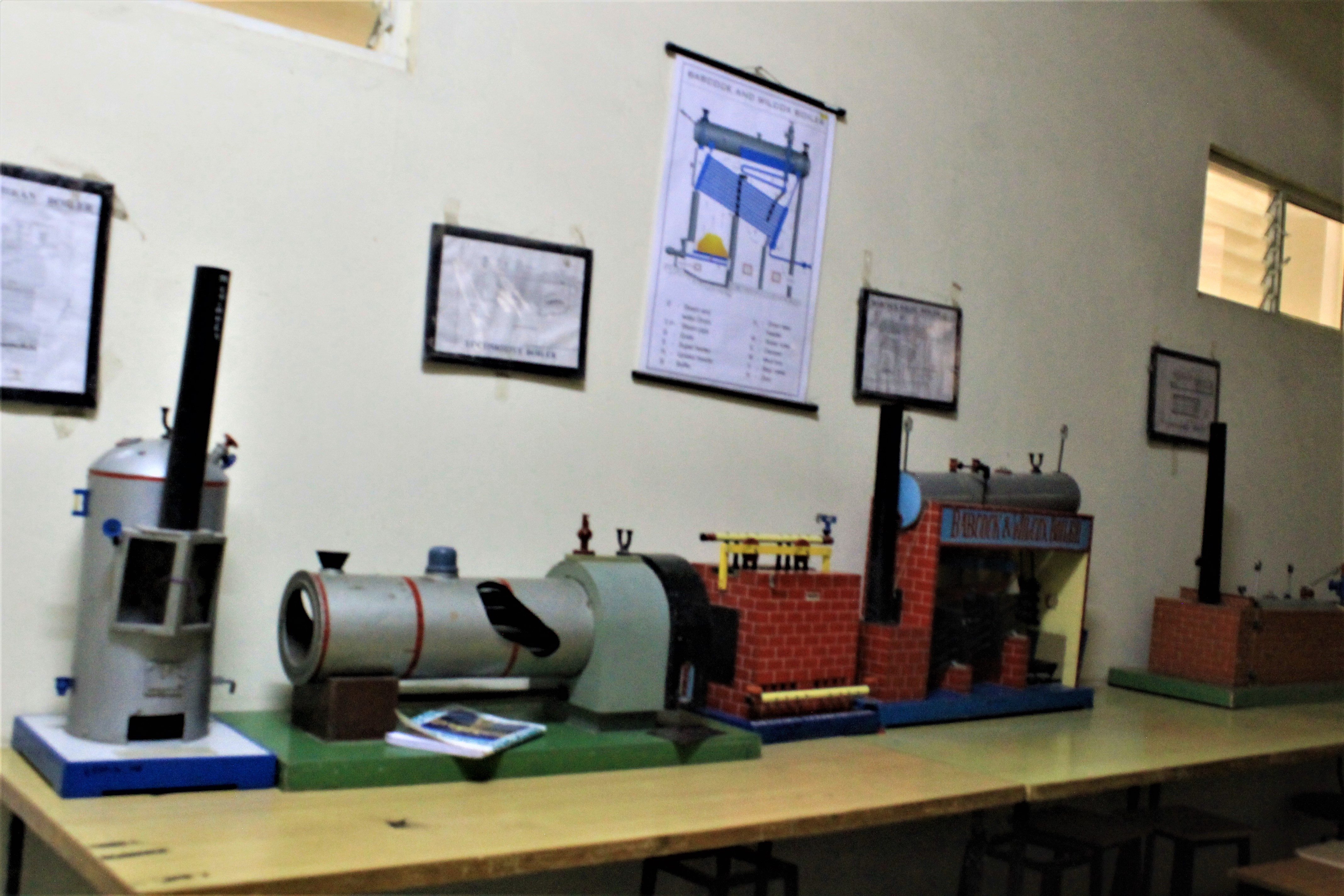
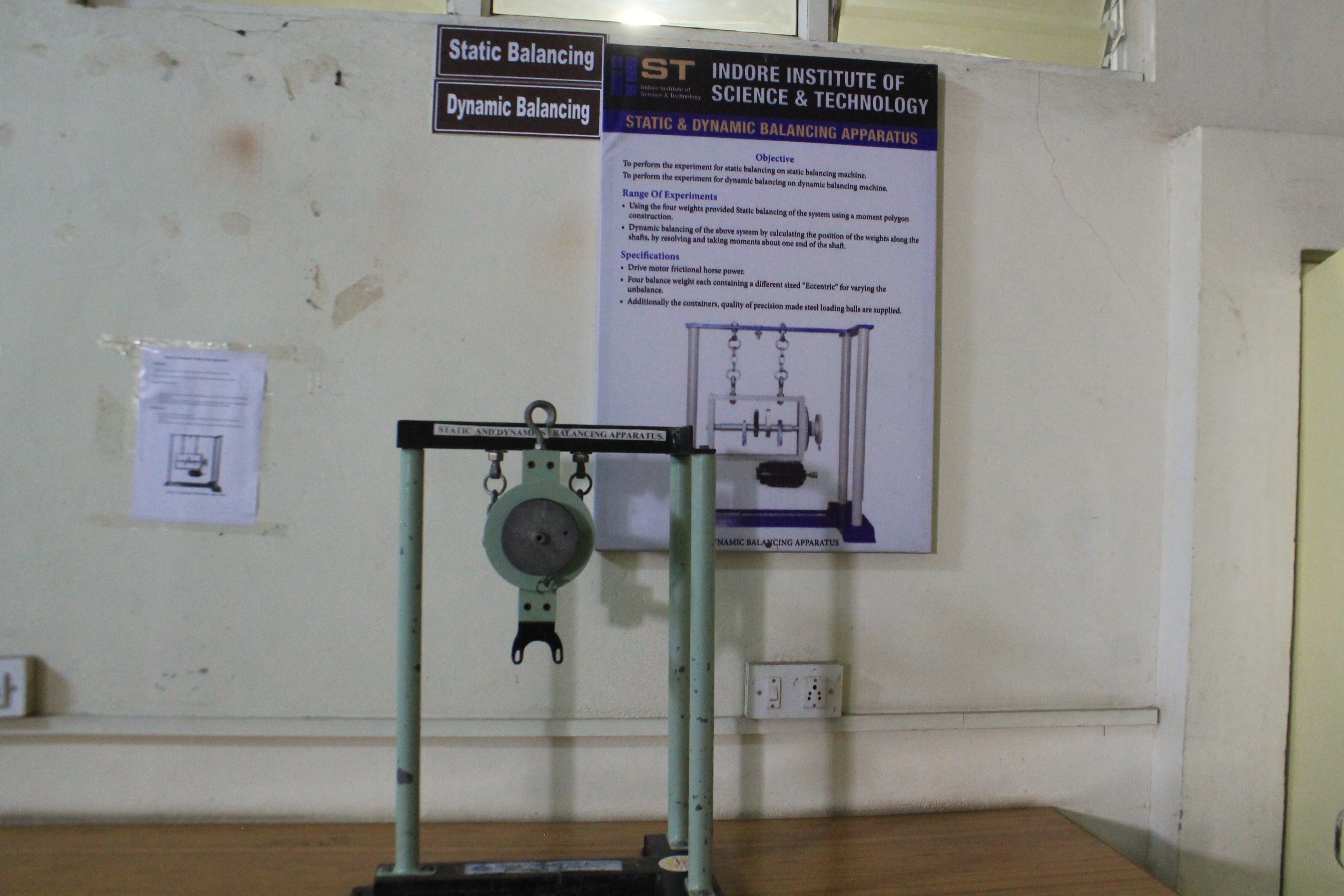
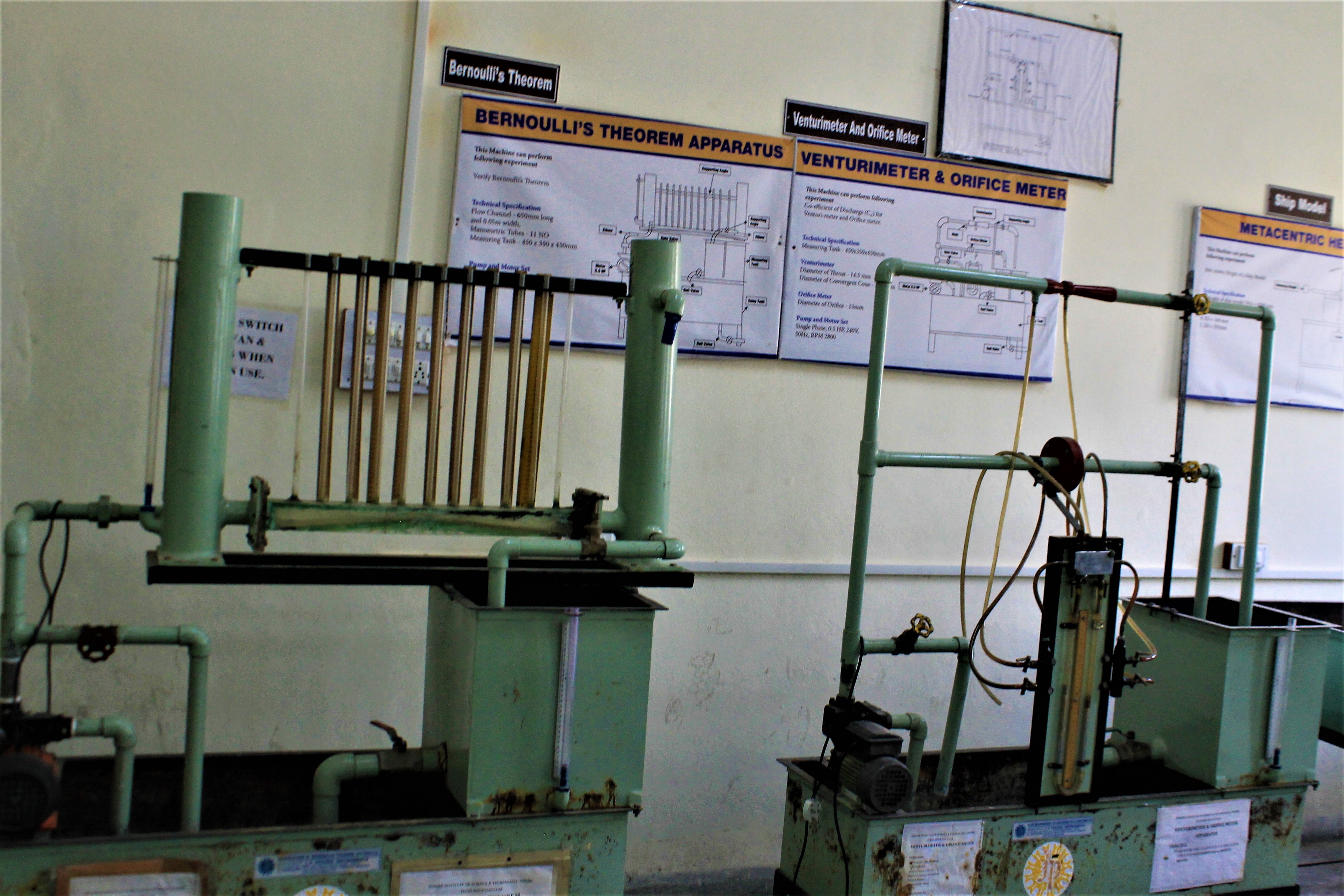
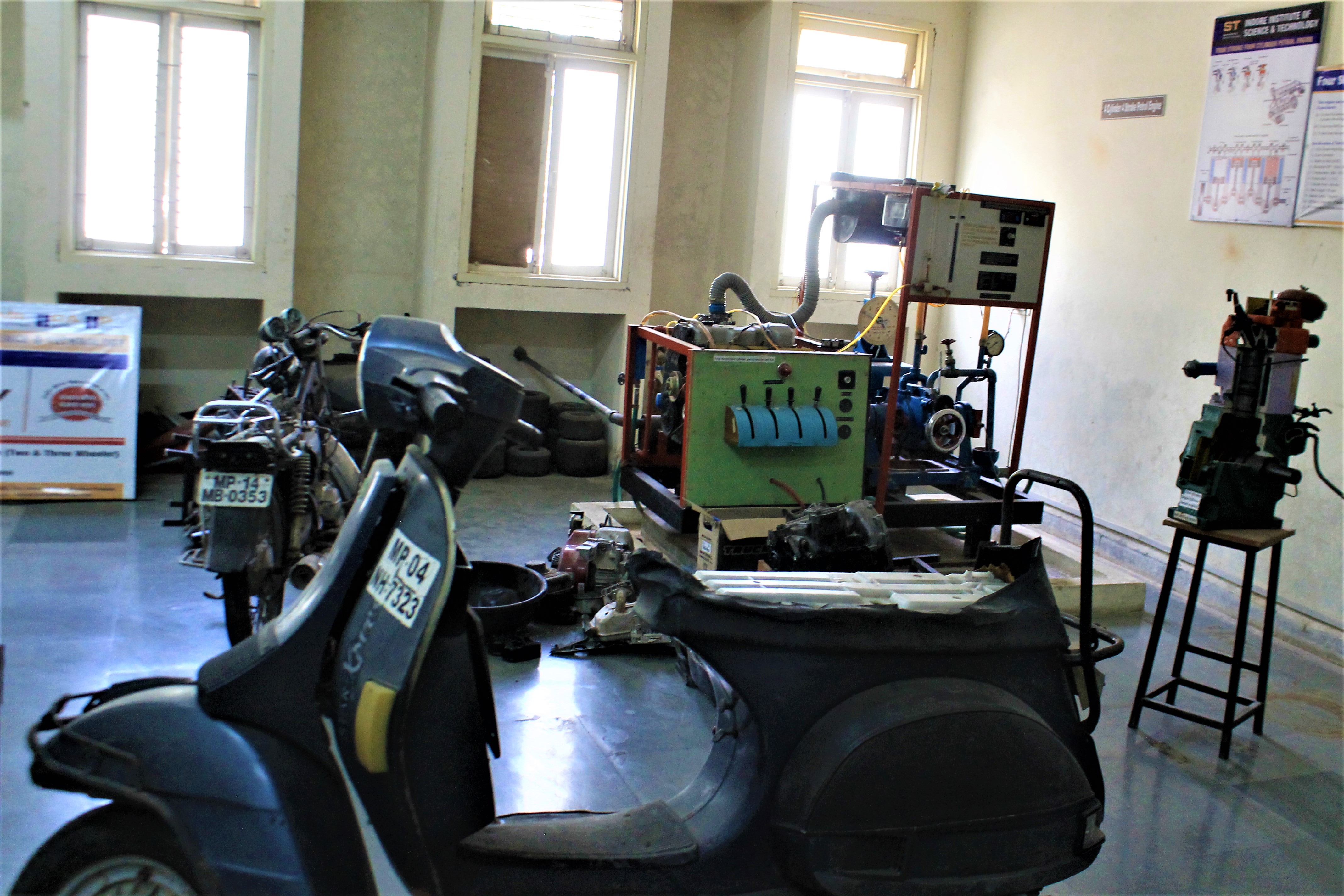
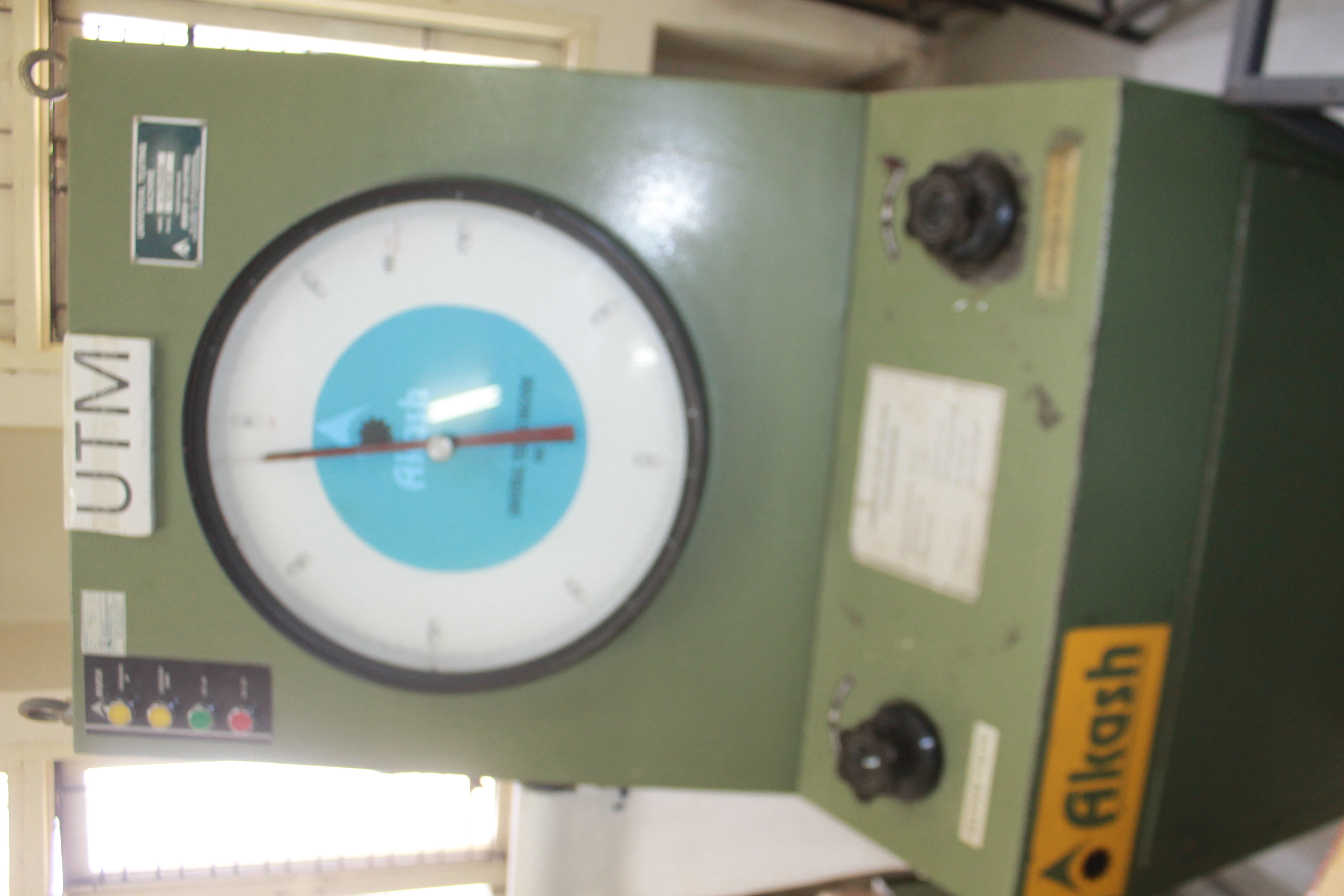
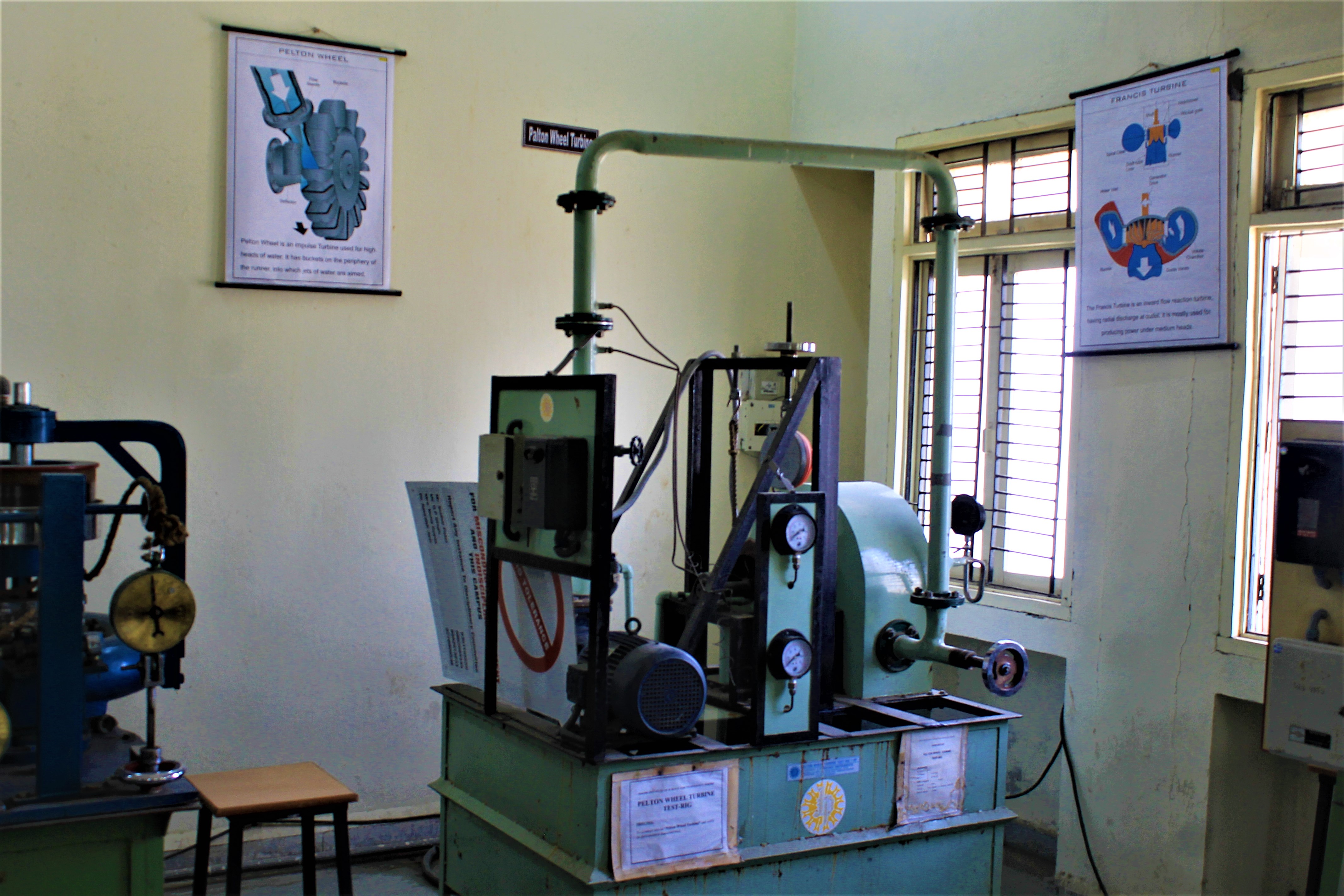

There are a number of career opportunities available in the mechanical engineering sector. These opportunities are exponentially increasing day by day with new emerging trend. Mechanical engineering graduates are sought by employers in almost all sectors of the engineering industry. These include:
(A) Patents
(B) Book Publications
( C ) Research Supervision
| S.No. | Name of
Research Supervisor |
Research Program | Scholar Name | Enrolment University of Scholar | Scholar Enrolment Year | Status of PhD |
| 1 | Dr D V Singh | PhD | Mr Bhavesh Devra | Amity, Japiur | 2018 | Thesis Writing |
| 2 | Dr D V Singh | PhD | Mr Avinash Yadav | LPU,Jalandhar | 2019 | Coursework is completed |
| 3 | Dr.Vivek Mishra | PhD | Mr. B. Laxman Rao | CSVTU, Chhattisgarh | 2019 | Coursework completed and Registration |
(D) Faculty Research Persuasion-PhD
| Sr.No. | Name of Faculty Member | Research Program | Enrolment in University | Enrolment Year | Status of PhD |
| 1 | Mr Lokesh Aurangabdkar | PhD | DAVV,Indore | 2018 | RDC Cleared |
| 2 | Mr Punit Mishra | PhD | DAVV,Indore | 2017 | RDC Cleared |
| 3 | Mr Mukesh Sharma | PhD | DAVV,Indore | 2018 | RDC Cleared |
| 4 | Mr. Suveer Dubey | PhD | Manipal University Jaipur | 2021 | Enrolled |
(F) Research Publications-International Journal
(G ) Research Publications-International Conference/Seminar/Symposia
1 D.V.Singh and T.N.Verma.“Simulink simulation for predicting thermodynamic properties of water –lithium bromide solution using ANN”. International Conference on Soft Computing Theories and Applications,held at National Institute of Technology Patna, Patna, India on 27 – 29 Dec 2019.
11 .N. K. Gandhi,A. K. Dwivedi, C.Chopra and A. Singh, “Investigation on Surface Hardening of Mild Steel by Carburizing Diffusion Process”. 14th International Conference on Global Advancement In Engineering, Management, Pharmacy, Science And Humanities, held at Mathura Devi Group of Institutions, Indore, 19-20 Jan 2019.
12 .N. K. Gandhi, P. Kumar, P. Rathore, P. Shinde and M. Sharma,“Design Of Sustainable Geothermal Air Conditioner”. 14th International Conference on Global Advancement In Engineering, Management, Pharmacy, Science And Humanities, held at Mathura Devi Group of Institutions, Indore, 19-20 Jan 2019.